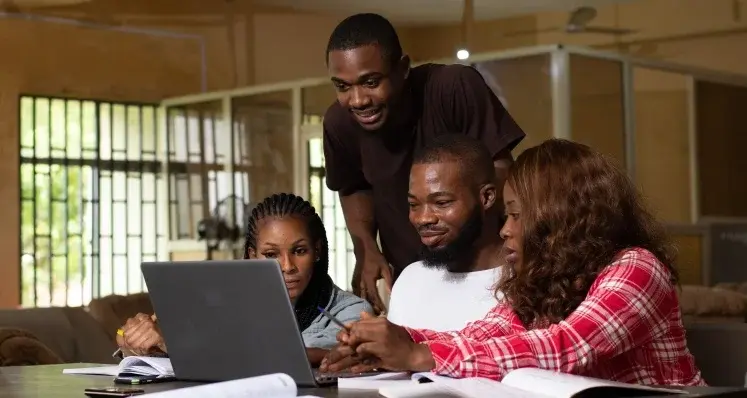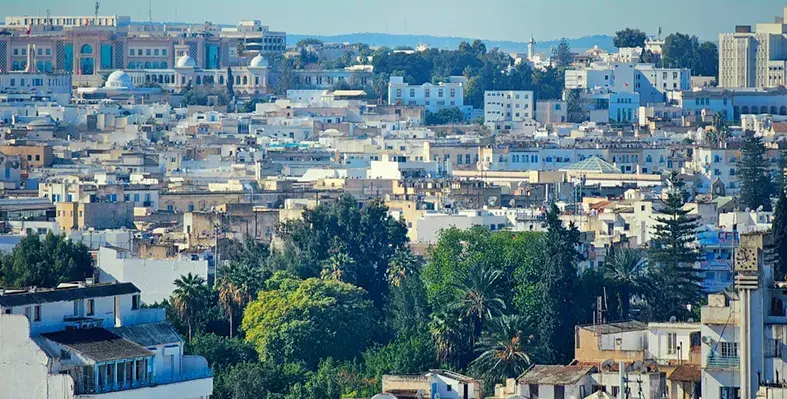Libyan Women’s Network for Peacebuilding has leveraged easily available mobile and online technology to play an important role in protecting communities from COVID-19
The network of 36 women, which was created by the support of UN Women last year, operates mainly via weekly WhatsApp and Zoom calls, which allows them to enter male-dominated decision-making areas in regard to fighting COVID-19, and continue their social change work.
Since cases of coronavirus were reported in Africa, the network started raising awareness about the fast-spreading disease, through local and international radios by disseminating essential information about the various health risks associated with coronavirus and its preventive measures. They also helped disseminate hotline numbers, for those who are facing gender-based violence and distributed cleaning and sanitising products to low-income households. They joined the ‘We are with You campaign’, and provided the doctors and nurses with protective clothes, masks, gloves and sanitisers. In fact, like most parts of the world, majority of the nursing staff in Libya are women.
“We started raising awareness of the coronavirus pandemic through social media pages and pamphlets. Some of our members even started sewing protective clothing for health workers,” a member revealed.
“Libyan women are at the forefront of response to problems; from COVID 19 to the horrific consequences of a conflict that has divided their country and inflicted unimaginable suffering on their communities,” said Begoña Lasagabaster, UN Women Representative in Libya. “It is high time that they had their rightful place in peace talks and their say on the future of Libya,” she added.
The Network has also teamed up with a legal aid network, to distribute masks and gloves in prisons and detention centres, and called for the release of prisoners who are either on a short sentence or about to finish their sentence soon, especially those who are aged or ill.
NGOs working with migrant and refugee communities have benefited from the work of the women's network, in terms of access to food, sanitisers and providing information on preventive measures in local languages. Members of the network have also been instrumental in highlighting the basic needs of various population groups in the country using communications technology. Each member has her own network of activists working in their own communities.
In August 2019, just a month after the Network’s formation, violent clashes between the warring parties erupted in Murzuq, southwest Libya, which killed 90 civilians and displaced thousands. The network provided vital information about the trapped civilians, including some gender-sensitive needs, to the relief workers, which helped provide aid to the affected population. They have to deal with constant power outages and signal problems before they can actually connect to their peers and have online meetings. Some of them have to drive for miles before they get a signal on their phone and join the meetings. But none of these problems have stopped them from showing up virtually and working on pressing problems, which need immediate attention, such as following up on cases of threats against women and youth activists, and referring them to UN agencies; releasing of imprisoned activists; and working with the woman members of the parliament, to speak up on violence against women in politics. UN Women, together with their partners, continue to provide training sessions to network members, so that the women can further strengthen their conflict resolution and negotiation skills.





















